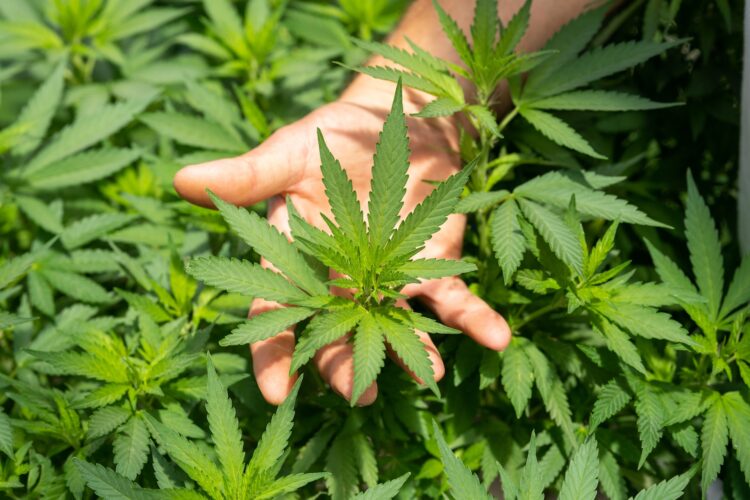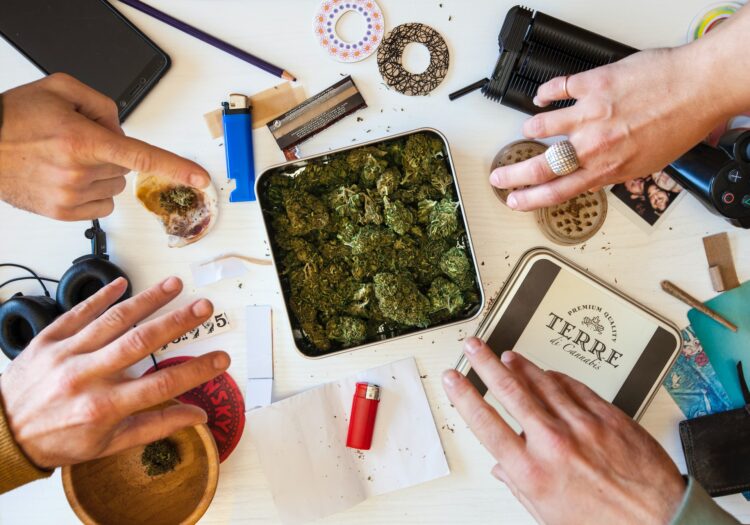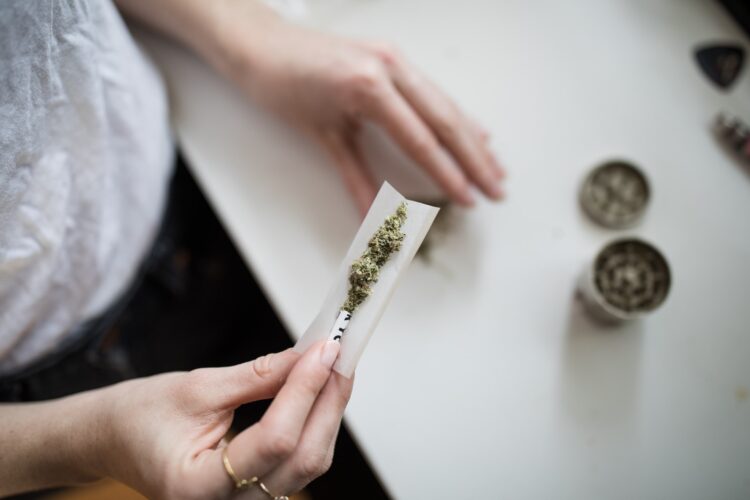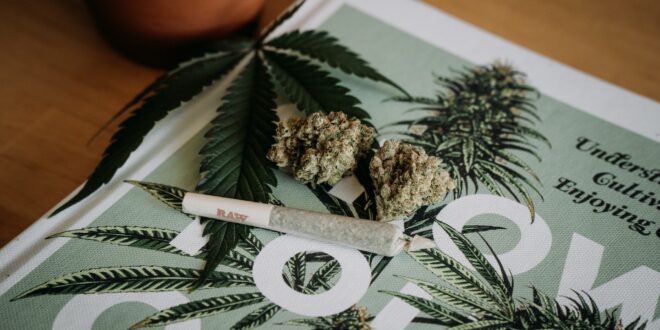The social landscape in the United States is fast changing. Compare the environment to a few election cycles ago, and you will notice that the Overton window is quickly shifting to the left. One area where the change has been significant is the consumption of cannabis and hemp products, where support for the legalization of marijuana stands at 67%, almost doubling from the 2008 election cycle.
Public support has not yet translated into federal decriminalization or legalization of cannabis products. Still, more and more states are gradually moving away from complete illegality toward decriminalization. Please be mindful that despite legalization, cannabis and hemp can have several adverse health effects depending on the concentration of certain constituents. They contain the psychoactive tetrahydrocannabinol (THC) and can cause addiction and lung deterioration. Smoking cannabis products can result in bronchitis and emphysema. Keep reading to find out the legal status of different cannabis and hemp products.
The Difference Between Hemp and Cannabis
Hemp and cannabis are closely related plant sources of THC, but the legalization status of both plants is often different. Hemp plants are a variety of Cannabis sativa species, but legally they are differentiated from cannabis. Hemp is generally defined as a plant containing less than 0.3% THC, whereas cannabis has more than 0.3% THC. The legal status of marijuana products generally depends upon the levels of THC content in the product. Generally, hemp-derived products are permitted due to the lower levels of THC.
What are THC and CBD?

The two common compounds present in hemp and cannabis are CBD and THC. The legalization of a product also depends upon the level of CBD and THC it contains.
Cannabidiol (CBD) and tetrahydrocannabinol (THC) are two of the most common cannabinoids derived from cannabis plants. Both substances affect the brain receptors as they mimic endocannabinoids, a class of naturally occurring chemicals in the brain known as neurotransmitters. Neurotransmitters play essential functions in the brain, controlling your mood, memory, productivity, and more. Levels of certain neurotransmitters control how relaxed you feel.
However, CBD and THC affect different receptors in the brain, so the effects of the two drugs are different. However, both substances are used for anxiety relief and as a coping mechanism for sadness. THC causes the release of dopamine, a neurotransmitter that is part of the body’s reward system, which is why THC is an addictive compound. On the other hand, CBD is not addictive.
CBD is generally legal in most states, whereas THC, despite being federally illegal, is legal for medical uses in several states. The exact legality of CBD and THC products depends upon the product itself and the state laws.
The Legality of Medical Marijuana
Marijuana and marijuana-derived products are legal for medical use in 37 states of the United States and the District of Columbia. Eleven other states restrict the content of THC but allow for the medical use of CBD. However, cannabis is still a federally illegal substance and is classified as a Schedule I drug, which prevents its medical use.
The classification of marijuana as a Schedule I drug is a controversial decision. When the Controlled Substances Act was passed in the 1970s, marijuana’s classification as a Schedule I drug was temporary and was subject to the results of a commission studying the plant. The commission suggested rescheduling marijuana to schedule II, consequently permitting its medical usage, but President Nixon rejected the report. However, rescheduling efforts are still in place today.
The state laws on medical marijuana are generally laxer, depending on the stage you live in. Thanks to the Rohrabacher-Farr amendment, the Federal Justice Department cannot interfere with the state medical marijuana laws. Several states also have reciprocity laws that recognize the out-of-state usage of medical cannabis.
The Legality of Recreational Marijuana

In 2012, Colorado, a mountainous state famous for its snow activities, and Washington made a bold move: they legalized the recreational use of marijuana. Several other states soon followed, including Alaska, Oregon, and the District of Columbia. However, the recreational use of marijuana is strictly regulated. Only individuals above 21 can use marijuana recreationally, and the amount of marijuana one can possess is regulated as well. Owning up to one ounce of marijuana is legal in Alaska, Colorado, and Washington, while Oregon allows for the possession of up to eight ounces of marijuana.
The recreational use of marijuana is still illegal at a federal level, even if there is some discussion on amending the laws according to the current socio-political landscape.
Smoking vs. Edibles
Marijuana products are consumed in two ways: you smoke the concentrate or add the derivatives to edible products, such as cookies and lollipops. Marijuana users prefer smoking to edibles, according to this survey, but what is the difference?
Edibles and smoking differ in two key areas: the effects’ onset and duration. With edibles, it will take you a few hours before you start feeling the effects, whereas, with smoking, the result is almost immediate. However, the effects of edibles last up to 12 hours, unlike smoking, in which the effects subside after two or three hours. The non-immediate onset of results and their half-day long duration is the key reason the dosage must be suitable for the edibles.
As you start feeling the effects after a few hours, it is very easy to take more edibles than you generally require. A high dose can be dangerous because the results do not subside for many hours. The dosage and the content of edibles such as the ones available at The Hemp Doctor are regulated by state laws, limiting the allowed psychoactive THC content.
Disclaimer: THC and CBD Can Have Adverse Health Effects

While CBD and THC have medical benefits, THC is psychoactive and can cause a high, impairing your ability to make informed decisions. Smoking or vaping marijuana products can lead to lung cancer and bronchitis.
Even medical-grade THC and CBD should be used with caution, and you should consult your physician before using THC and CBD products for medical purposes. While they are used to treating anxiety, they can sometimes make it worse and cause drowsiness, appetite change, and mood swings.
Endnote
THC and CBD have long been used to treat various medical conditions, but such usage is federally illegal. With the public opinion shifting on marijuana, most states have amended their laws and allowed for medical marijuana.
Recreational marijuana is also allowed in some states but is heavily regulated. Using marijuana recreationally can adversely impact your health. Always exercise caution and make informed decisions if you have to use marijuana.
 Hi Boox Popular Magazine 2024
Hi Boox Popular Magazine 2024



